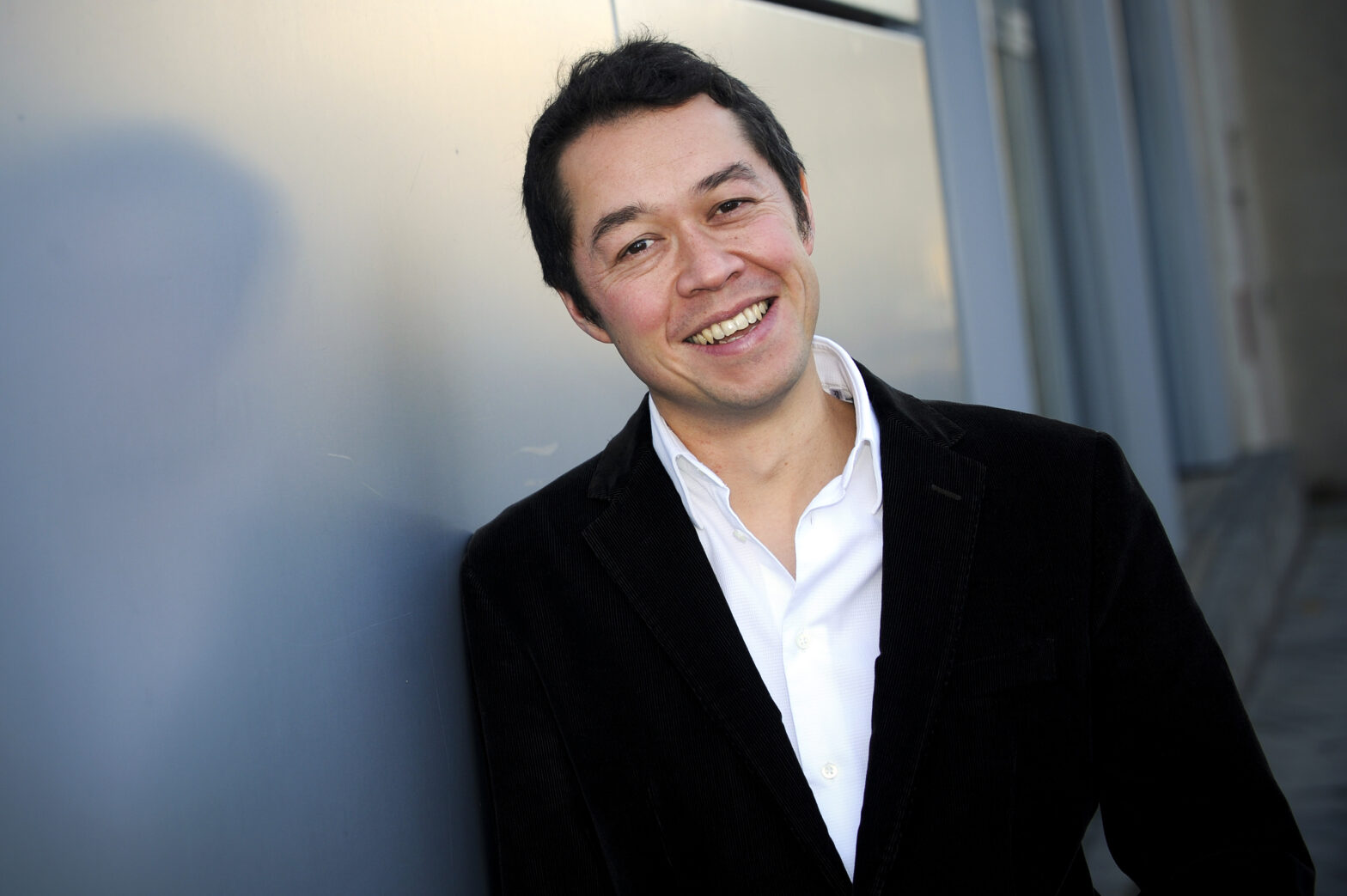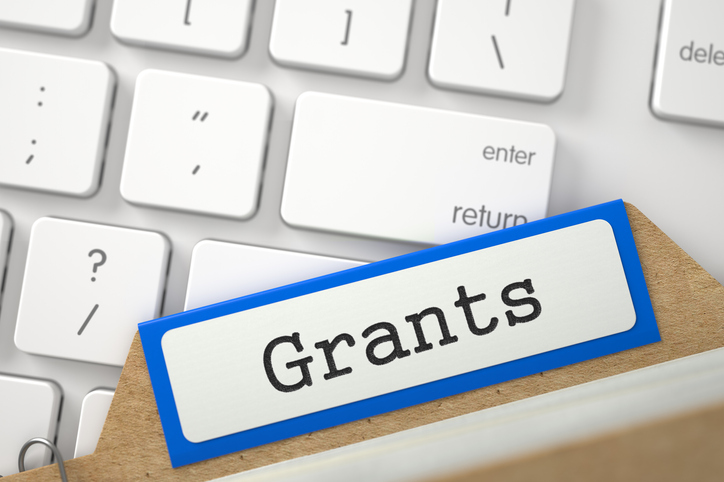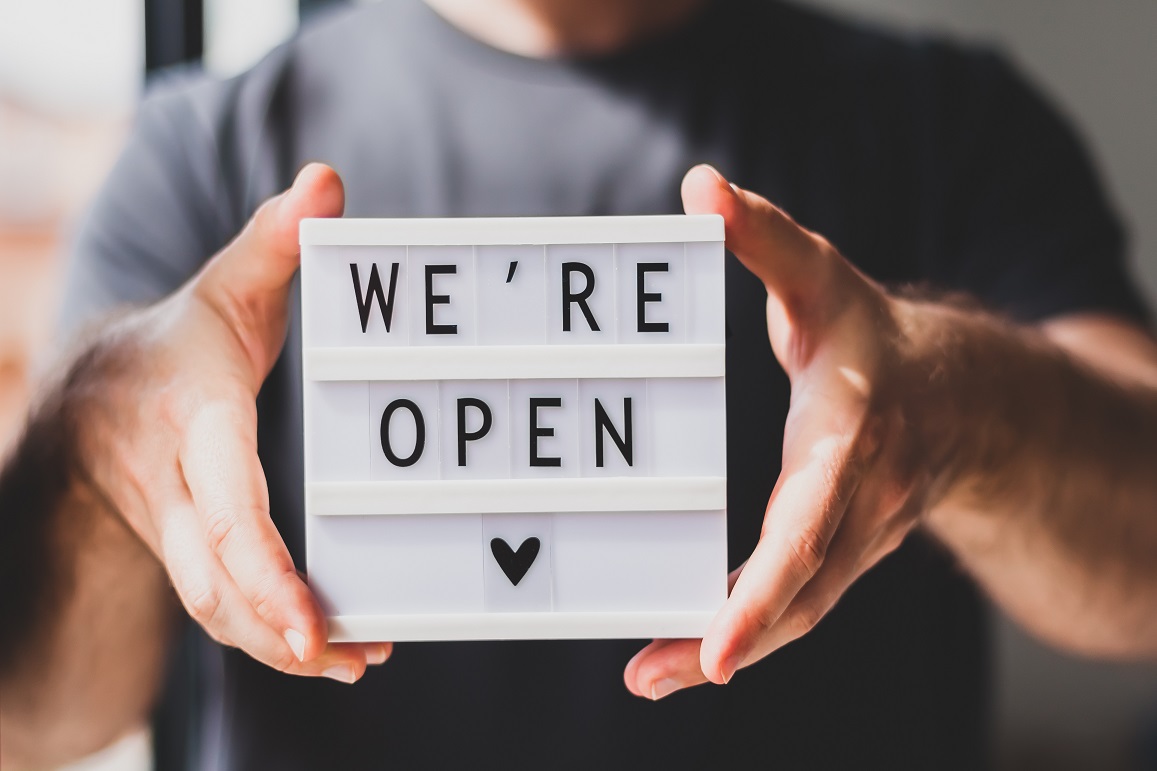At what point after you started the business did you start to look for funding?
My co-founders Olly Headey and Roan Lavery and I bootstrapped the company for the first two years, working without pay and in our spare time. Luckily Olly and I were working on fairly well-paid part-time freelancing contracts at the time, and Roan worked full-time in the day and worked on FreeAgent in the evenings, but the credit cards took a pretty serious battering back then. In 2009 we raised two rounds of seed funding to allow us to work full-time on the business.
How did you raise the initial funds to get it off the ground? What did you use the money for?
The first funding we secured in 2009 came from Christoph Janz, an angel investor based in Germany who was focussed on companies building online tools for small businesses. Then, later in the year, we raised another small round from Robin Klein (The Accelerator Group) who has been ranked number 22 in the Telegraph’s most influential tech investors in Europe. Being able to dive into FreeAgent full-time meant it had the attention it needed to truly start to flourish.
When did you realise you needed more money and for what?
If you are paying attention to what customers want, there comes a point when you find that spending a certain amount of money enables you to bring a certain number of customers on board. And if your business is able to do this, ie, spend less to acquire each customer than they pay you – then it starts to make sense to invest in trying to do more of it.
You can also start to make connections between improvements in the product and marketing and resulting improvements in customer acquisition rates and costs. So it makes sense to invest more in both of those areas too, to bring down next month’s acquisition costs.
We have come a long way over the last six years – we now have more than 30,000 customers and have secured more than £4 million in external investment, and have strong partnerships with Barclays Bank and Iris Software.
We also now employ 53 people and last year secured our first investment and acquisition in the US.
Talk about your search for investors.
My experience of raising money is that it’s not about long, detailed business plans. It’s about telling a convincing story with passion.
If you understand what an investor needs to see, a ten-slide Keynote presentation should be enough to get their interest. If they don’t ‘get it’ in ten slides, they’re never going to.
That means it’s a numbers game as well – you are looking for someone who can share your vision enough to want to fund it, and the idea may only resonate with a handful of individuals. After all, if it was simple and obvious, it probably would have been done before.
So in the end you have to kiss a lot of frogs before you find your prince/princess.
Were you ever worried about going over budget/how did you ensure the money you raised was used in a focussed manner?
Smart investors know that no-one will ever have built a company exactly like yours. And the reality is most successful entrepreneurs are first-timers (as are even more unsuccessful ones!). That means you’re going to make a lot of mistakes – and that’s OK by the investor – but you need to make sure they’re not expensive ones.
Make small bets, measure what works, and only double-down if it does.








